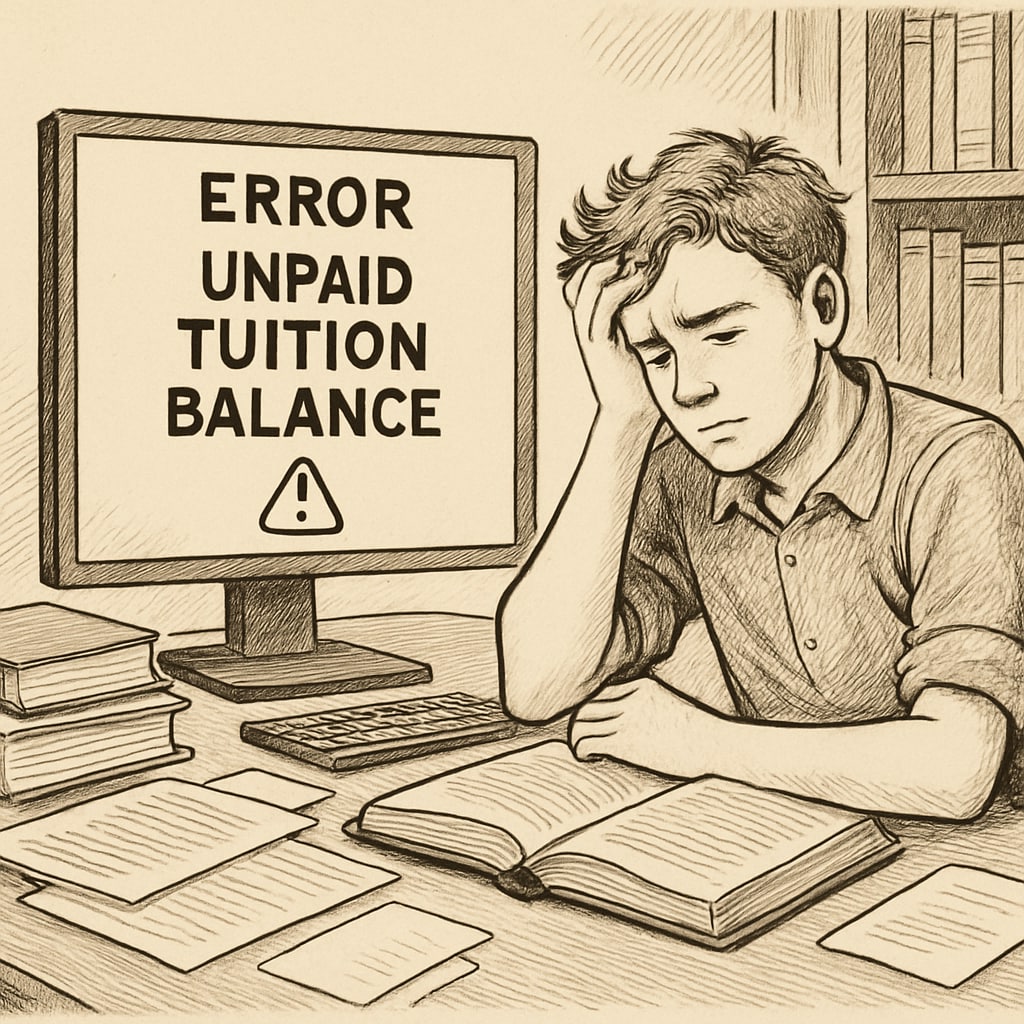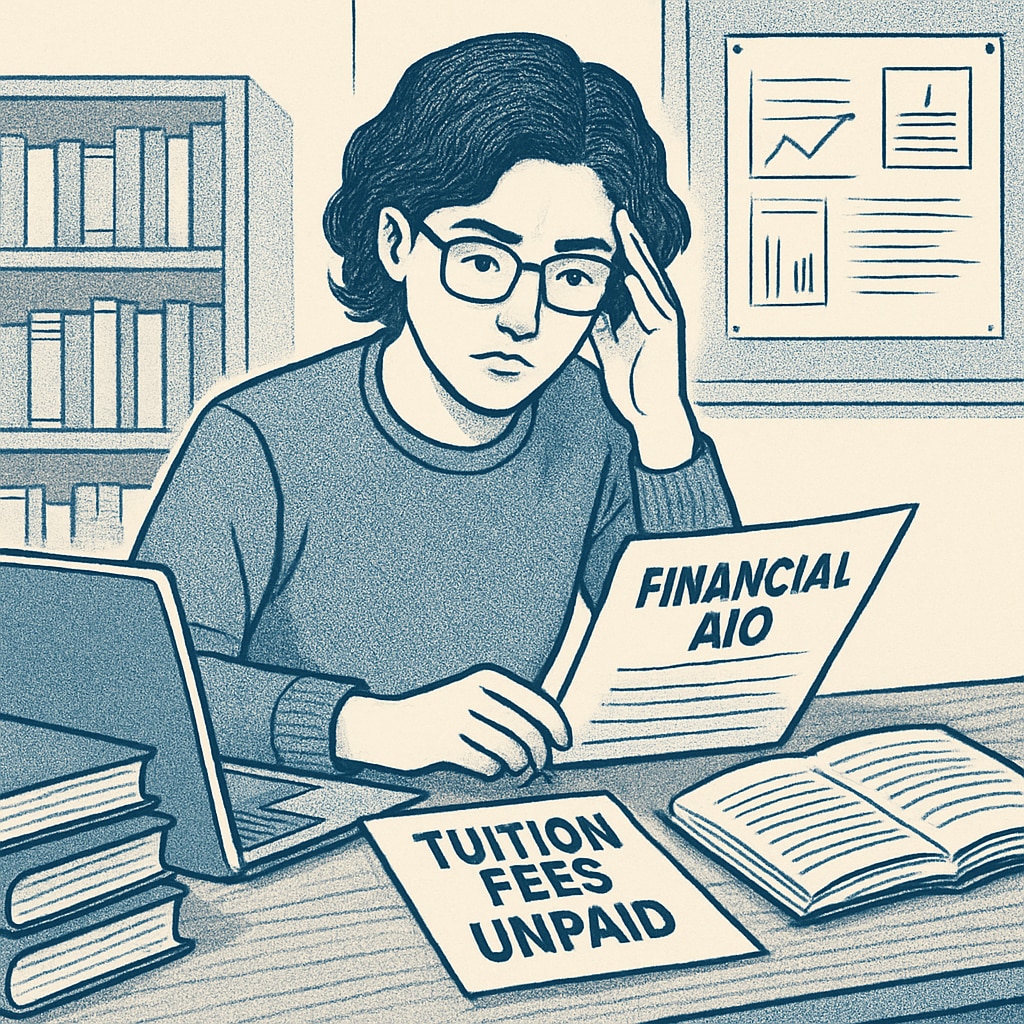For many students, accessing transcripts is a crucial step in academic and professional progress, especially when preparing for critical certifications like PRC exams. However, financial barriers, such as unpaid balances on tuition fees, often complicate this process. This article delves into the challenges students face when trying to obtain transcripts amidst financial constraints, examines the underlying policies, and provides actionable solutions to help students navigate these obstacles effectively.
Understanding Policies Surrounding Transcripts and Unpaid Balances
Most educational institutions enforce policies that restrict students from accessing official transcripts until all outstanding balances are cleared. These rules aim to ensure financial accountability and protect the institution’s operational sustainability. However, they can inadvertently place students in difficult situations, especially when financial hardship prevents timely payment.
For example, students needing their transcripts for professional licensing exams, such as the PRC (Professional Regulation Commission) certification, may find themselves unable to proceed due to unpaid tuition fees. This can stall career advancement and exacerbate financial struggles. As a result, the balance between enforcing financial policies and supporting students’ educational rights becomes a critical issue.

Consequences of Restricted Transcript Access
Denying transcript access can have far-reaching effects, including:
- Delayed career progression: Students unable to submit official transcripts for PRC exams or job applications may face delays in entering the workforce.
- Increased financial stress: Without access to certification opportunities, students may struggle to find stable employment to resolve their financial obligations.
- Academic stagnation: Restrictions on transcript access can hinder students from transferring to other institutions or pursuing further education.
These consequences highlight the need for equitable solutions that address both financial accountability and students’ rights to education.
Practical Solutions for Students Facing Financial Barriers
While institutional policies may seem rigid, there are several strategies students can employ to overcome challenges related to unpaid balances and transcript access:
- Negotiate with the institution: Many schools offer payment plans or temporary holds that allow students to access transcripts while working toward clearing their balances.
- Seek financial aid: Scholarships, grants, or emergency funds can help resolve unpaid tuition fees. Students should explore all available options, including government programs.
- Request unofficial transcripts: Some institutions may provide unofficial copies for exam or job applications, which can serve as a temporary solution.
- Document financial hardship: Providing proof of financial difficulty may lead to special considerations or fee waivers from the institution.
- Explore legal avenues: In certain jurisdictions, laws protect students from being denied transcripts due to financial reasons. Researching local regulations may be beneficial.
For example, U.S. students may refer to resources like the Consumer Financial Protection Bureau, while others may consult local education boards for guidance.

Balancing Education Rights and Financial Responsibilities
Resolving the tension between financial policies and education rights requires collaborative efforts from both institutions and students. Schools should consider implementing flexible policies, such as partial transcript releases or fee deferrals for financially struggling students. On the other hand, students must proactively address their financial obligations and leverage available resources for support.
By fostering mutual understanding and exploring innovative solutions, it is possible to ensure that education remains accessible to all, regardless of financial status.
In conclusion, while accessing transcripts with unpaid balances poses challenges, students can navigate these hurdles through negotiation, financial aid, and legal research. Institutions also have the opportunity to align policies with educational equity. Together, these efforts can pave the way for a more inclusive academic landscape.
Readability guidance: To enhance engagement, this article uses concise paragraphs, actionable lists, and accessible language. Strategically placed images complement the text, while overuse of technical jargon is avoided to maintain clarity.


